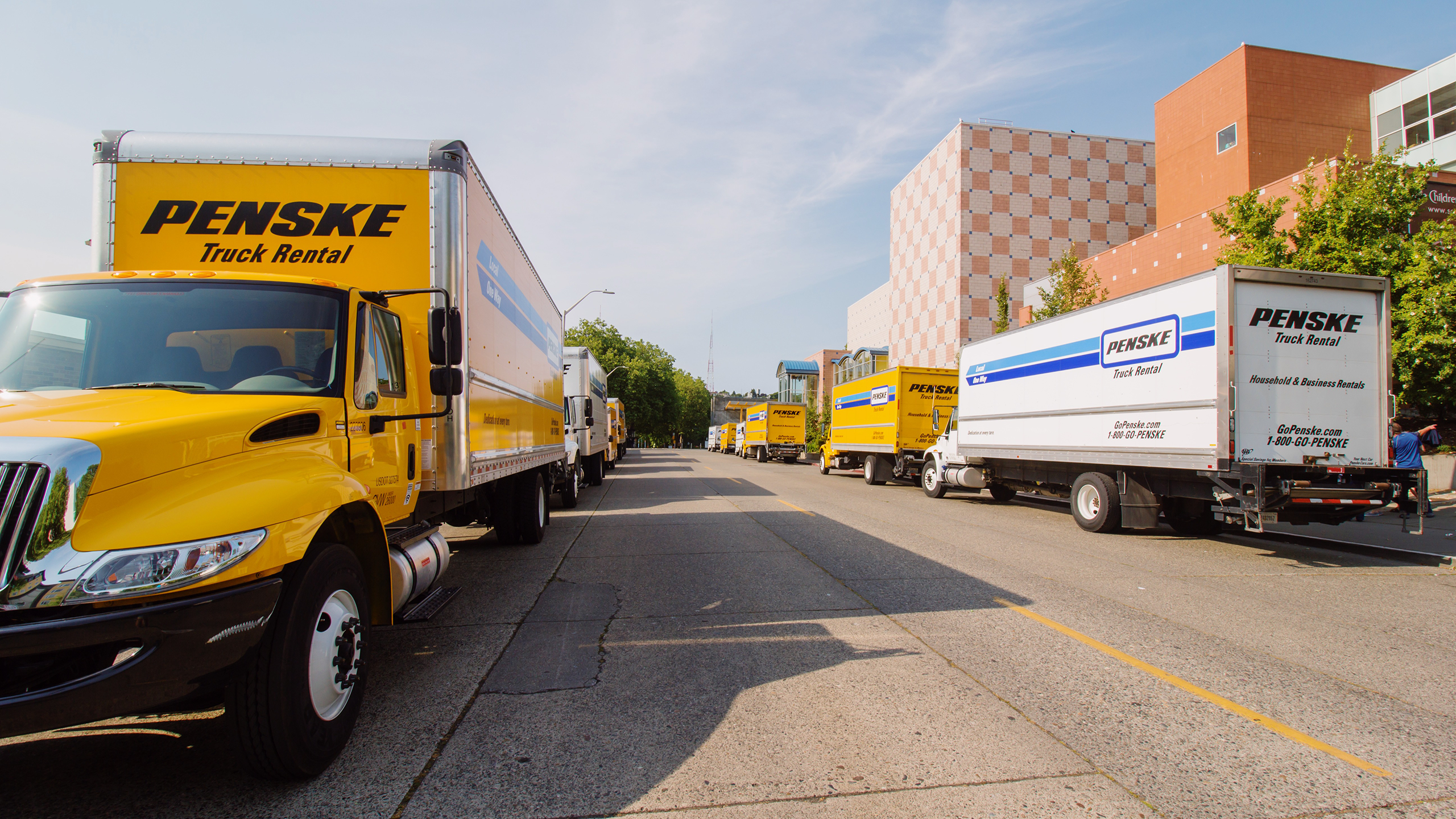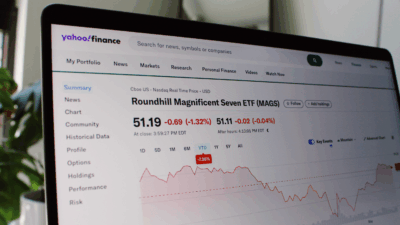EV Big Rigs Are Getting Too Expensive for Trucking Customers
EVs cost double to operate, can travel half as far, and require recharging, which isn’t ideal for an industry operating on thin margins.
Sign up for smart news, insights, and analysis on the biggest financial stories of the day.
Eastbound and down, but not quite loaded up and truckin’.
Freight truck leasing companies that said customers were demanding battery-powered big rigs are now having a hard time finding takers of their low-emission-yet-high-cost semis, The Wall Street Journal reported.
Breaker, Breaker
Electric vehicles are technically more popular than ever, but it’s no secret that the market isn’t growing as fast as originally hoped. Major manufacturers like Ford and Toyota have delayed plans for all-EV lineups, and many startups have either folded or are on the brink of Chapter 11 bankruptcy. Even mighty Tesla saw its automotive revenue decline 13% in the first quarter. Both the technology and infrastructure remain sub-optimal with many EVs having a shorter range than their gas-powered counterparts and the US being way short on charging stations. On top of all that, EVs cost more.
Now, take all that struggle with consumers and put it into the trucking and shipping industry, where diesel engines reign supreme, and you have an even bigger problem:
- EV trucks cost about three times as much as combustion-engine semis, and despite state and federal subsidies, the WSJ noted several logistical reasons propping up diesel rigs: EV rigs cost double to operate, can travel less than half as far, and require hours of recharging, which isn’t too practical for an industry that operates on thin margins.
- An analysis from trucking firm Ryder found that converting a fleet of 25 commercial vehicles, including about 10 big rigs, to EVs in California would raise the fleet’s operating cost by 56%, or $3.4 million a year, the WSJ reported. Light-duty trucks raise operating costs and the expenses tied to labor, charging, and repairs go higher as the vehicles get heavier. In the last year, Ryder has sold just 60 EVs through a program to help companies set up battery-powered fleets, but only five were heavy-duty trucks and they were only used in yards, not roads.
10-4, Good Buddy: Though the big rig EV space seems a little bleak, Amazon did just add 50 of them in California, claiming it to be the biggest EV fleet in the country. The Volvo-made trucks are expected to be used in first- and mid-mile transportation, and some will carry goods from the ports of Los Angeles and Long Beach on a 35-minute drive to a fulfillment center in Santa Fe Springs.












